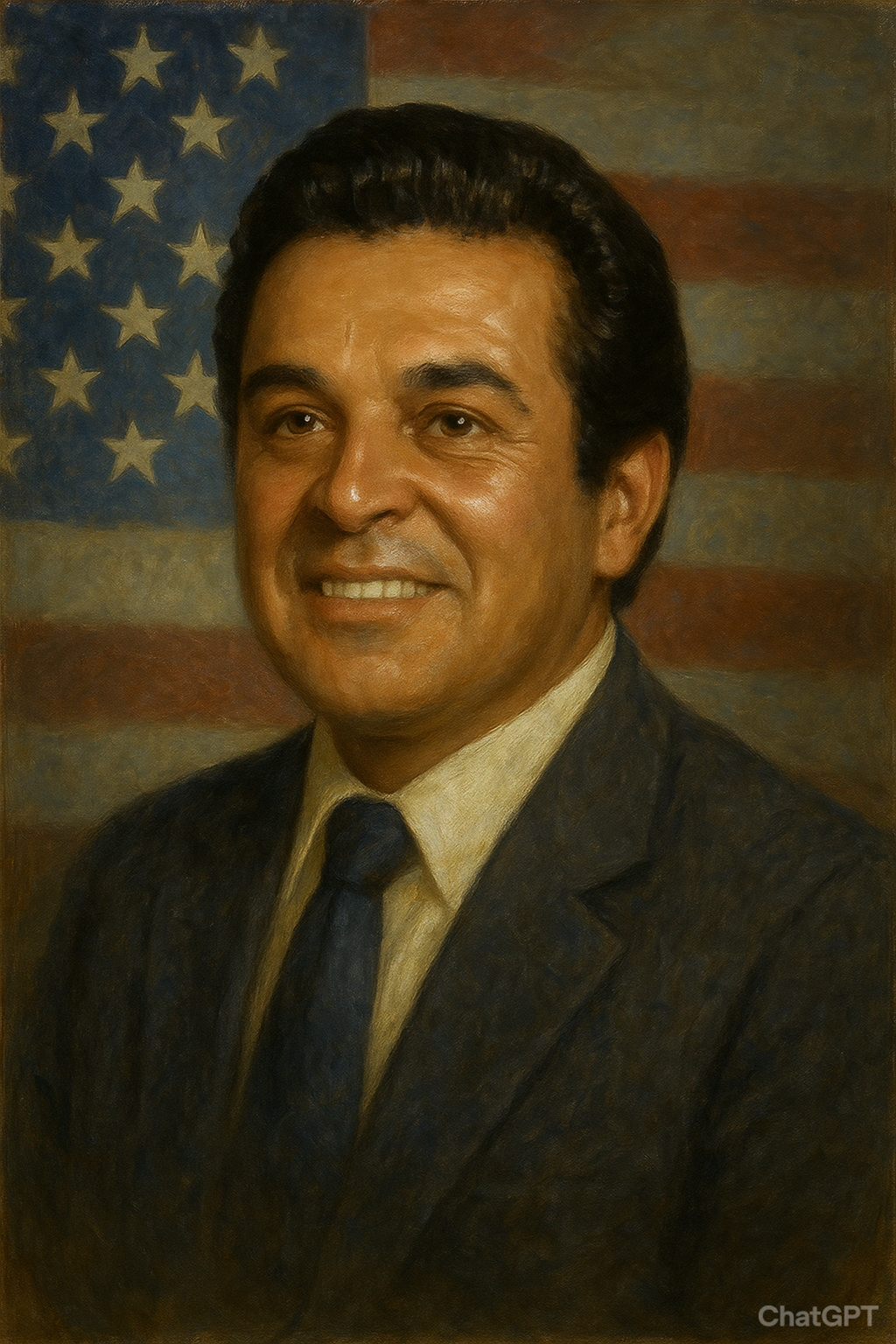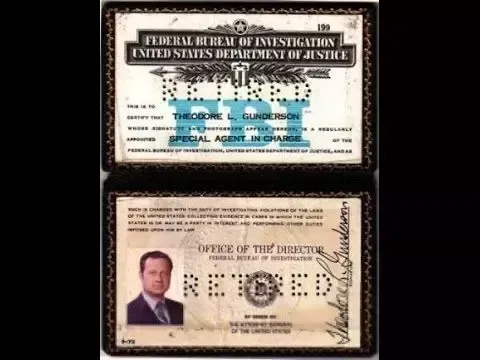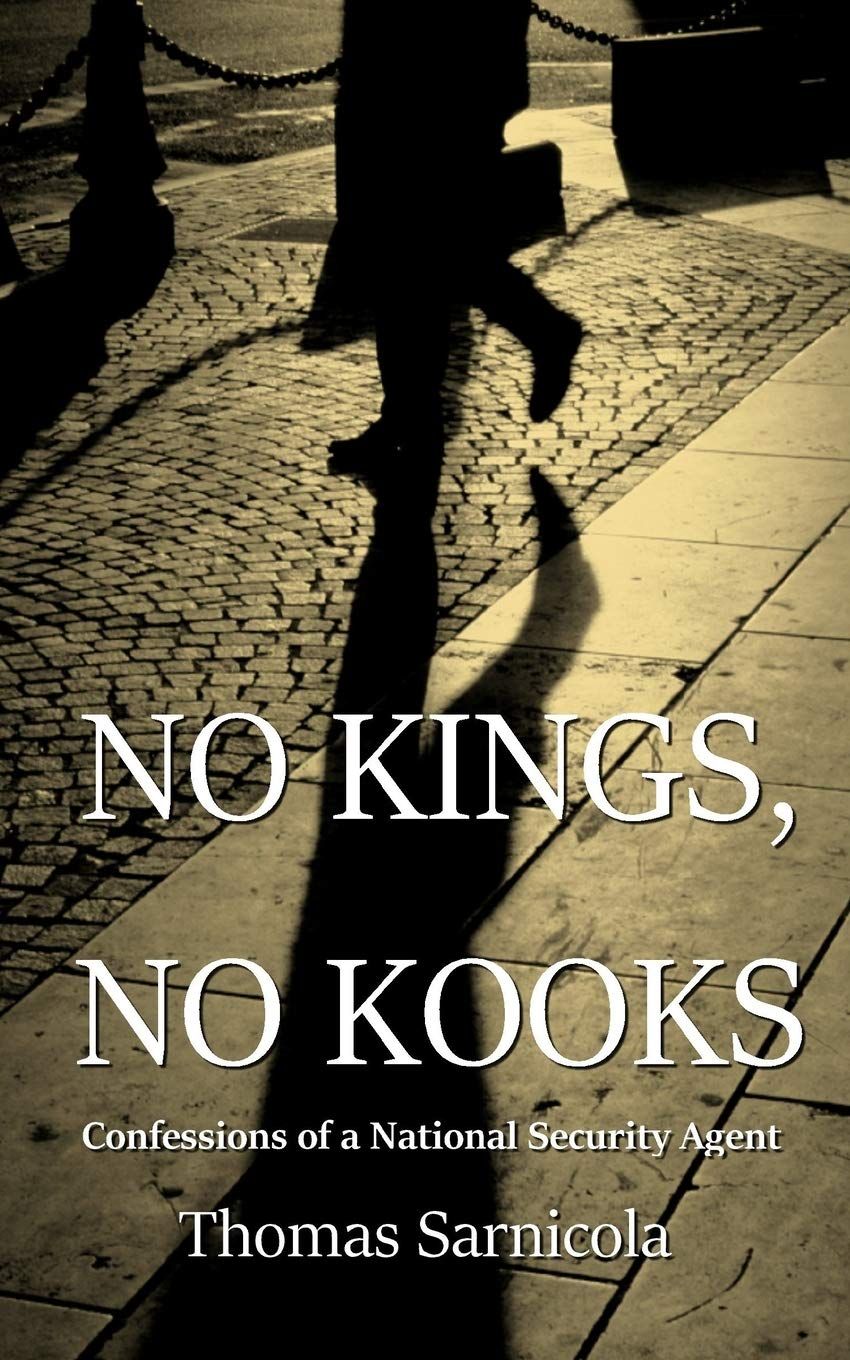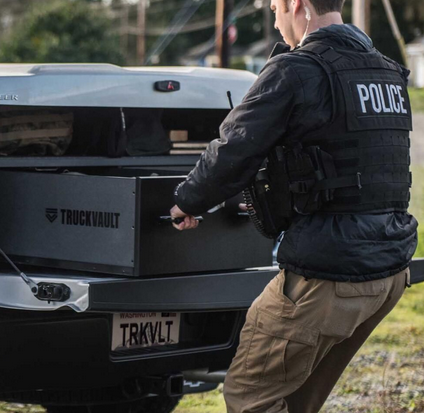Good Agents Answer Their Phone
July 27, 2023
I’ve always believed that one indication
of a good agent is how often he or she answers their phone. Obviously, there are exceptions, but generally speaking good agents will answer their phone when you call. There are many additional traits that a good Special Agent will typically possess but like in any career, reliability is key and being constantly available is a big part of that equation for success.

-Detective James Mcnulty from HBO's The Wire
Look, as stated above, there are exceptions to this general rule of thumb. Agents go on vacation, can get sick, travel domestically and internationally for work or they can be in court, in an interview, or in the middle of a search warrant. But most of these scenarios can be remedied with a prompt call back or text message explaining the delay (which is exactly what good agents typically do). This is crucially important when a new professional contact is made because like all relationships, good and bad first impressions can be difficult change. Being extra attentive in the beginning of the professional work relationship can help cut you a little slack down the road, whether it’s with your boss, a partner agency, or other professional contact. This is especially important when dealing with local law enforcement agencies that feds typically support and want to partner with for joint investigations.
Although not typically taught in the basic 1811 academies, a large part of a Special Agent's job is being a good salesman. People outside of law enforcement probably don’t realize how many federal cases start at the local law enforcement level. Good liaison relationships with state and local law enforcement partners will ensure those quality investigative referrals are promptly sent to the Special Agent that appears constantly ready and willing to provide assistance. Depending on your viewpoint the average or lazy Special Agents will sit in their cubicle, work the minimal assigned cases, and simply go home and ignore their work cell phones (aka "g-phone"). Their work on these cases might even be excellent and sometimes a career making case will drop in their lap giving them the internal recognition and opportunity to quickly promote out of case work. In reality and based on years of experience, good agents and good criminal cases are usually developed by maintaining a close working relationship with your local law enforcement partners.
Federal law enforcement exists, in part, to fill the gaps between local law enforcement jurisdiction and to provide assistance when local law enforcement might not be fully equipped, staffed or funded for a case or lack the appropriate penalties for the crime. Consequently, supporting state and local partners in any way possible is a critical part of a Special Agent's job description. This might involve taking a case federal (i.e. charging a career criminal with a federal felony) or simply running a last-minute federal database check during dinner time on a Sunday afternoon. Additionally, depending on what part of the country you work in Special Agents might find local law enforcement is either excited to work with the feds, indifferent, completely against it, cooperate only as a last resort or when it works to their advantage. Regardless of a local jurisdiction's attitude toward the feds, it’s a Criminal Investigators job to be the "friendly neighborhood federal agent" who can navigate politics at the higher level while making sure the local detective knows them, considers him/her as a professional peer and is assured the agent will be available when assistance is needed. In essence, "you" as the federal criminal investigator need to sell them on your abilities and what your agency can offer organizationally.
For example, explaining the benefits
of asset forfeiture sharing or federal funding through mechanisms such as the Task Force Officer program can go a long way with state and local management but “real police” (i.e. street level investigators and officers) simply want the best outcome for their cases, regardless of who can assist. If Special Agents successfully demonstrate to those "true detectives" that they are willing and capable, then those state and local partners will gladly bring them cases, so long as they reliably believe there is a better result at the federal level (i.e. stiffer penalties). Eventually, those State and Local

-Detective Bunk Moreland from HBO's The Wire
partners will develop a level of trust and probably offer more work than you can handle (which is a good problem to have!). Since State and Locals work at all hours, the overwhelming majority of those referrals initially reach the Special Agents during phone calls, with the expectation that he/she will answer and possibly even respond to the field. This is why a good agents phone regularly rings and that of an average or bad agent is routinely silent. A true Special Agent is aware he or she must always follow through on their promises to partner agencies, otherwise those partnership can abruptly come to an unceremonious end.
Another extremely important relationship is the one you have with your local Assistant United States Attorney or AUSA; otherwise known as the federal prosecutor who actually charges and helps convict the people you arrest. It doesn’t matter how good of an investigator you are if you can’t get anyone to actually prosecute your cases. Not being available when an AUSA calls or needs you is a quick way to permanently ensure their lack of interest in future cases. Again, most outside of law enforcement are not generally aware that Special Agents need to similarly "sell" themselves and their cases to the AUSA's Office. Once a good working relationship has been established, AUSA's will gladly take legally sufficient cases that offer another reliable conviction statistic. Because of this crucial organizational dependence, Special Agents should prioritize a phone call from an AUSA over almost anything else and especially when they are in trial preparation.
Like most places of employment and especially the federal government, the majority of employees are average at best. This generic assessment also generally holds true for Special Agents (and even AUSA’s). If you are minimally competent at your job as a criminal investigator, you honestly don’t have to try very hard to stand out as a Special Agent. For that reason, I suggest that if you get a phone call or email from an AUSA with a list of questions or requests, you should immediately respond back with the requested information or the status and estimated timeline. Even if I am not in front of my computer, I will try to answer their immediate questions over the phone if possible or let them know when they can reasonably expect an answer (i.e. within an hour or after lunch). If you are busy at the time of the call and unable to pick up, a simple text message letting them know that you received their email/saw their missed call and that you will respond shortly, should suffice. Working Special Agents should be prepared for early morning or late evening phone calls, especially leading up to trial or the day before an important hearing. Many AUSA’s will also prefer to communicate over the phone to avoid the possibility of creating Jencks material. A good agent will be aware of this and an AUSA will generally appreciate you are thinking about things that could negatively impact their ability to prosecute.
If you are looking for a 9 - 5 job where you don’t get bothered after hours, then the Criminal Investigation career field is not suitable for you. Special Agents (1811s) do not usually get paid straight overtime for the extra hours they work during irregular circumstances. Instead, they receive compensation in the form of a flat increase in salary of 25% called law enforcement availability pay (LEAP). This premium pay is supposed to encompass an additional average of two hours of availability per day on top of the normal eight-hour workday. Even though this has been around for many years you will still find less than intelligent or poorly trained managers who are often confused by the statutory guidance governing LEAP. LEAP premium pay is there to ensure you are compensated for additional work outside your normal workday when needed, like on a long day at a search warrant. It does not mean you must actually work 10 hours every single day, but rather that you are available to work it when needed. (It’s literally in the title of the pay act.) This encompasses situations like answering your phone outside of normal business hours.
Most people we work with know that our normal schedule is regular business hours Monday-Friday. But answering your phone when it rings occasionally after hours, on the weekends, or when you are on vacation goes a long way towards letting law enforcement partners know that you can be counted on to provide assistance. Saying something to the effect of “sorry I’m actually out of the office on leave today but is there something I can help with?” only takes a couple of minutes and usually results in reciprocal apologies and follow up emails you can handle upon return to the office. However, in the rare circumstance that it is an emergency, they know they can rely on your professionalism and willingness to literally "answer the call." Build a reputation for being the agent that is always available and you won’t have to worry about the rare occasion when you are not. Like I stated at the beginning, "Good agents answer their phone."









